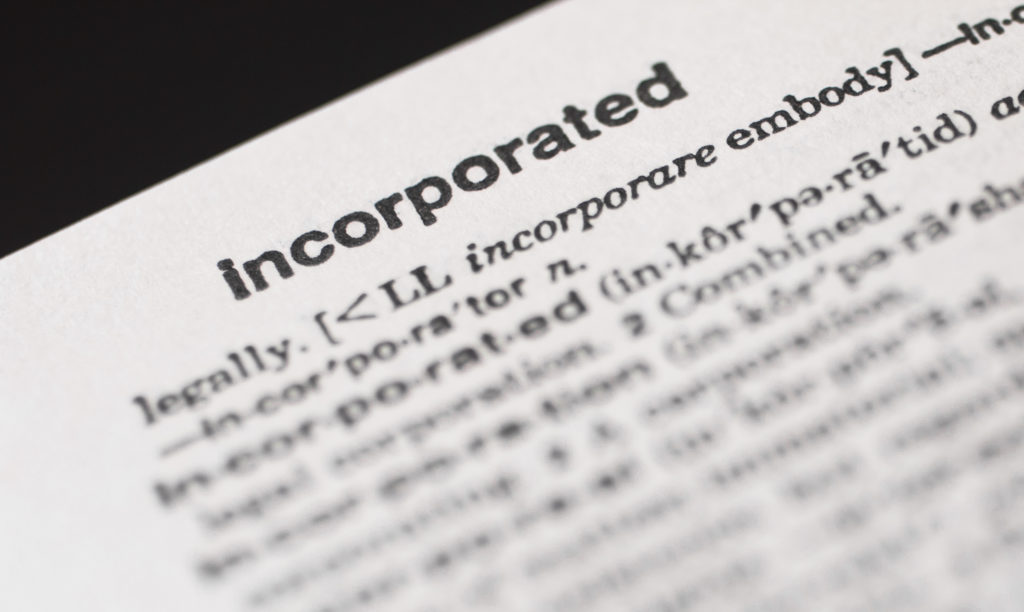Should you incorporate to save on taxes?
Only if you can justify the initial and ongoing costs
Advertisement
Only if you can justify the initial and ongoing costs

Share this article Share on Facebook Share on Twitter Share on Linkedin Share on Reddit Share on Email